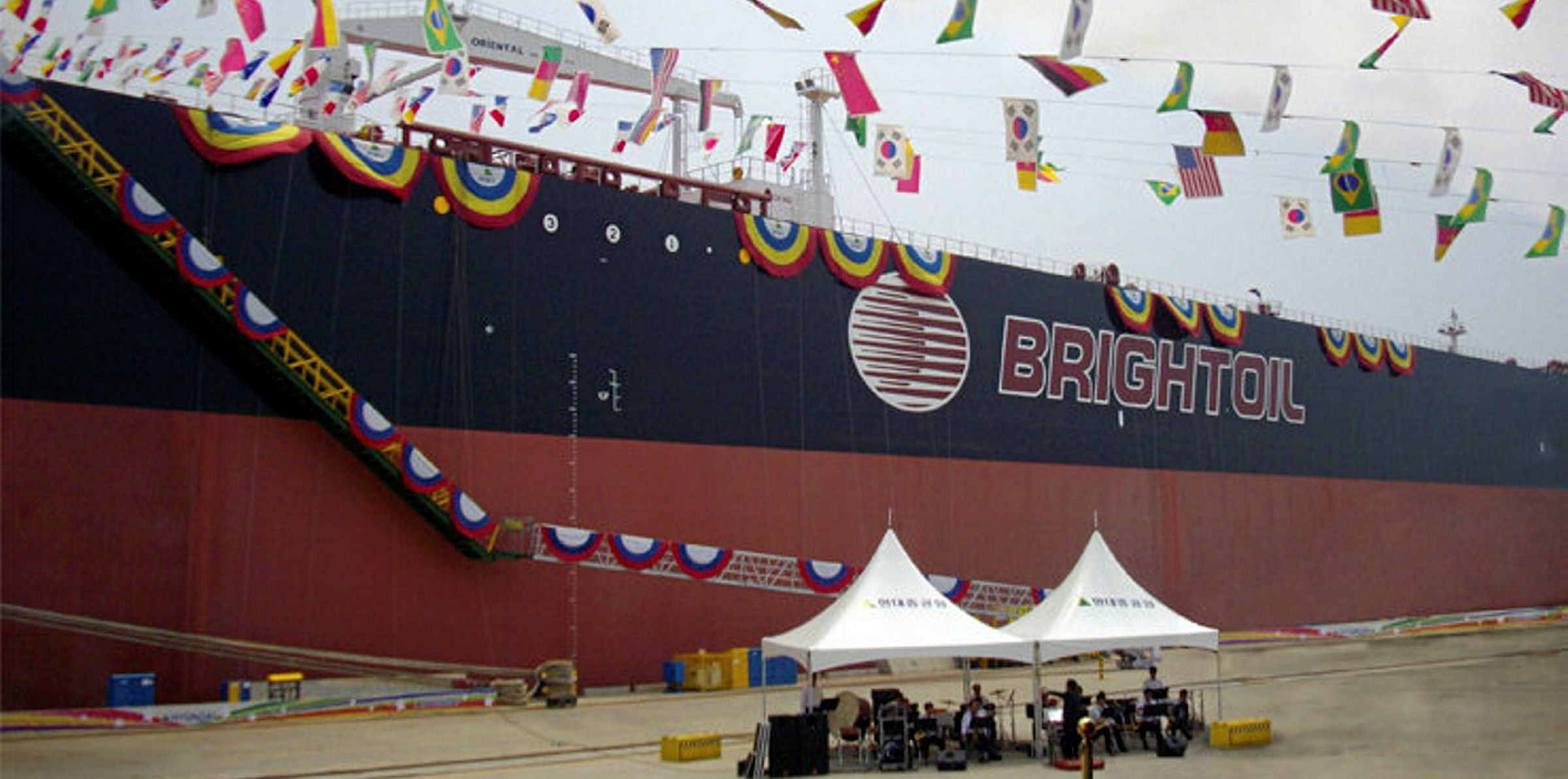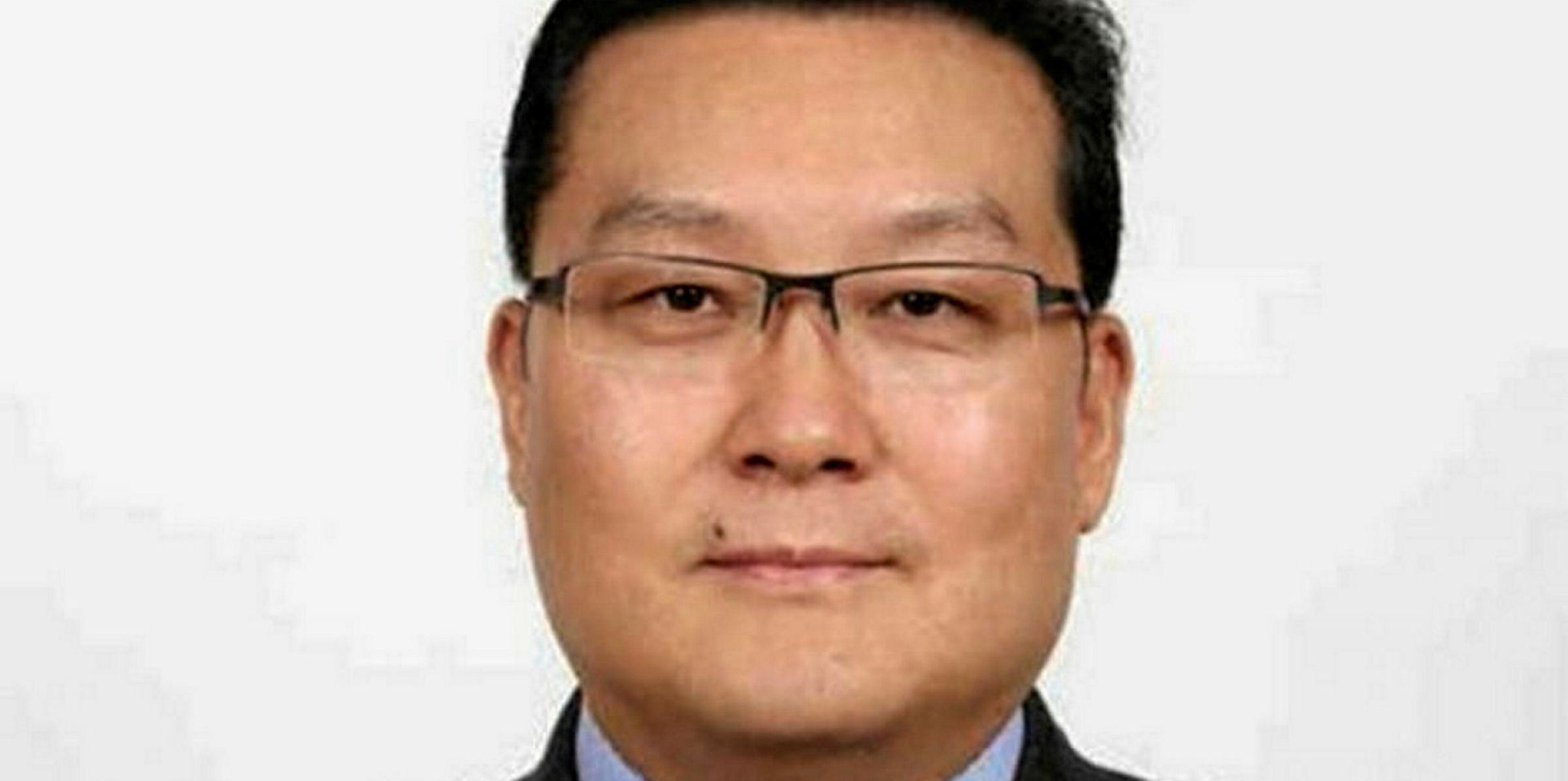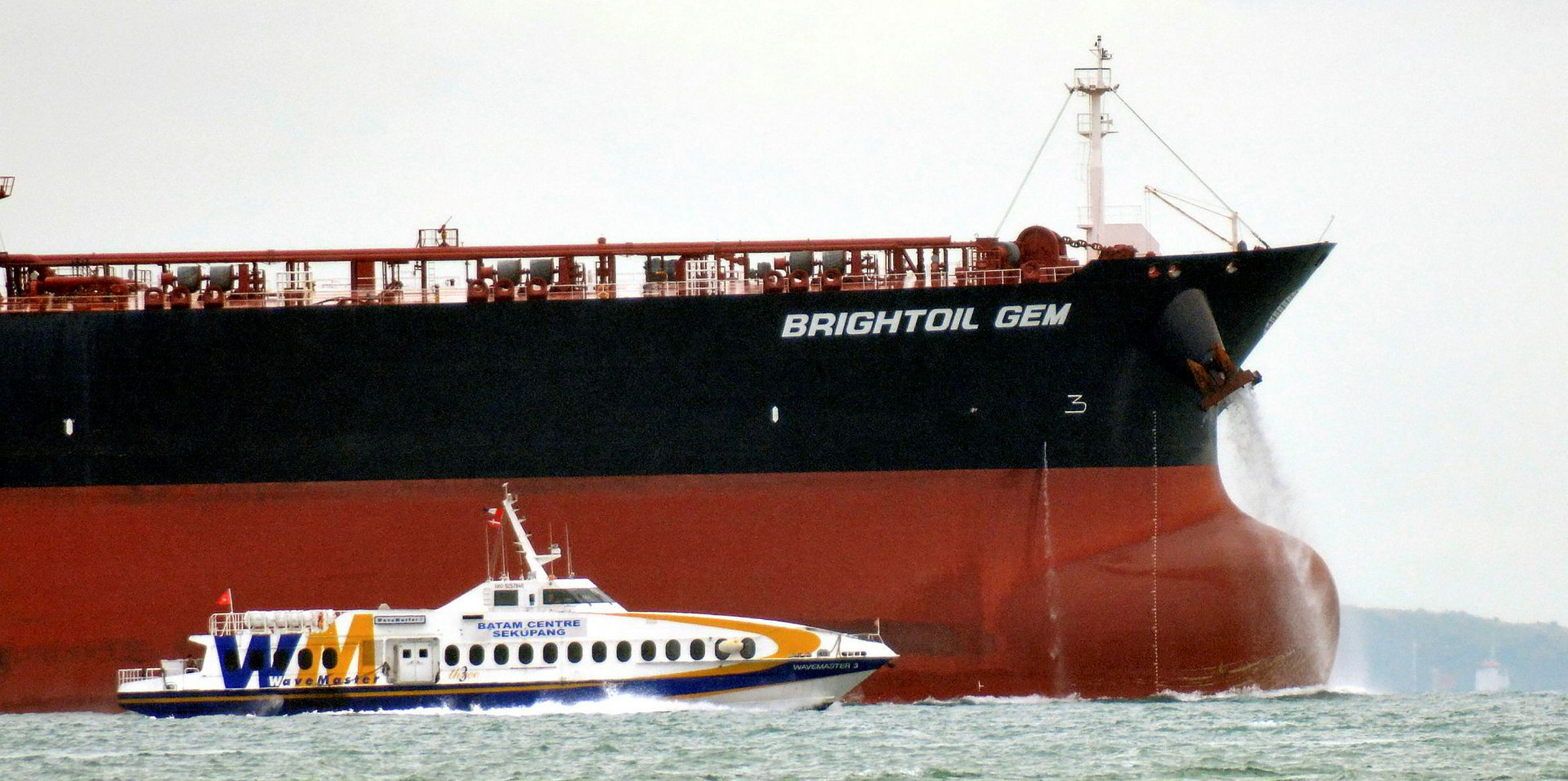Tanker owner and bunkerer Brightoil Petroleum has won three years of breathing space from domestic creditors in a partial debt restructuring.
Chinese media reported that a consortium of eight Chinese banks led by ICBC has signed on to fund a CNY 15.6bn ($2.26bn) restructuring of the former VLCC owner's domestic debt, according to Shenzhen's Southern Metropolis newspaper.
The newspaper named the other underwriters of the restructuring as China Minsheng Bank, Bank of China, China Construction Bank, Inner Mongolia's Baoshang Bank, Bank of Jiangsu, Industrial Bank, and Ping An Bank.
The plan gives the company respite in repayment of principal and interest on loans and involves the sale of Brightoil equity interest in tank storage and oil terminal facilities in Zhoushan.
Brightoil officials could not immediately be contacted.
The Southern Metropolis report cited unnamed "person in charge" at Hong Kong-headquartered Brightoil as a source for details of the restructuring plan.
As "privately owned company with key national support", Brightoil enjoys attention at a high level. The resuscitation project involves both political authorities and state-owned banks, according to the Southern Metropolis report.
Brightoil is nicknamed the "fourth oil barrel" in Chinese press reports, in an allusion to its quasi-state-owned status alongside state oil majors Sinopec, PetroChina, and CNOOC.
Political connections
Its founder, oil trader and sometime billionaire Dr Sit Kwong Lam, has been a member of the Chinese People's Political Consultative Conference, a quasi-deliberative body for high status Chinese personalities. He built up Brightoil from a bunker oil trader into a major player in Chinese oil distribution, with a special state-sponsored role in developing the municipality of Zhoushan into a centre of Chinese oil storage, transshipment and bunkering.
No information was available on what consequences the domestic restructuring might have for Brightoil's future shipowning activities.
Brightoil left observers puzzled last year when it proved unable to meet its financial obligations in the midst of a rousing crude tanker market. The company's entire fleet of VLCCs, aframaxes and bunkering tankers fell to the sheriff's padlock and then under the auction hammer in several jurisdictions.
Arrests of vessels began in late January 2019 and sales were wrapped up relatively promptly. The last ship to change hands was the 319,800-dwt Brightoil Gem (built 2013), which was auctioned in China in November for a reported $57.35m.
The failed company's fleet drew widespread interest from bargain hunters, not least because inspecting shipowners found it to be more modern, built to a higher specification and better maintained than usually encountered in auction sales. TradeWinds reported in October that Brighoil's former Singapore rivals had used the sale of the bunkering tanker fleet as an opportunity to upgrade ahead of IMO 2020.





